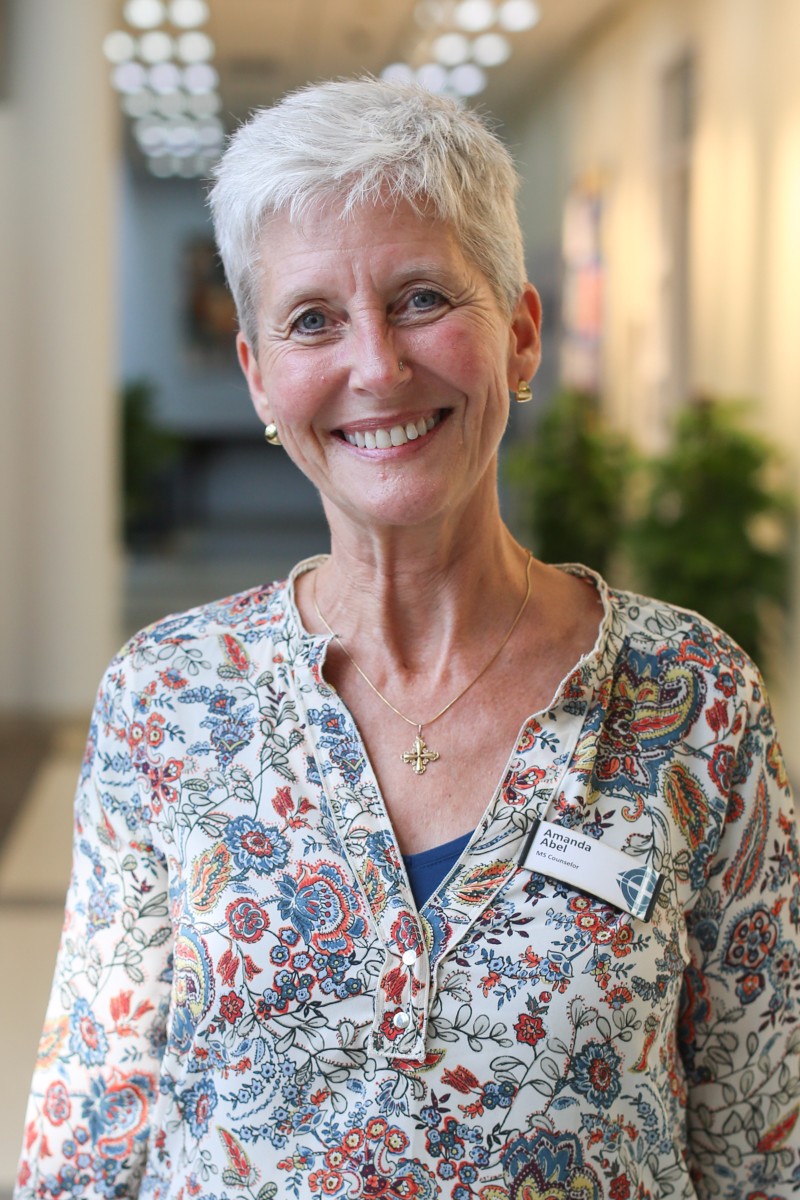For 21st century families, being internationally mobile is becoming a more common experience. There are many amazing Nat Geo stories that we share, and the research is now revealing some of the long-term implications of living abroad. Many of us began the journey as an experiment, a two-year commitment; however, we now may find ourselves in a social group of individuals who have lived most of their adult years away from their passport culture. Our cross-cultural lifestyle is now the new normal.
The Bittersweet Cycle of Acculturation
We begin to acculturate to the host society as soon as we unpack our luggage in Shanghai. Research suggests that the vision and expectations of the sending organization will strongly influence the family in the acculturation process. For instance, if the organization connects two families from the same country to support each other, the level of acculturation to China could take place at a slower process, than if the family is connected with a local Chinese family who speaks English. If family members fully immerse themselves through language study and building relationships with local Chinese, they will acculturate even more rapidly. These are three examples of how a family may relocate and experience the host culture.
Regardless of how you acculturate to China, you will encounter culture stress. A growth mindset demands a level of adaptability, accommodation and acculturation, but it inevitably results in a form of stress. Following the honeymoon period, the experience of contradictions between expectations and reality can cause uncomfortable feelings that drive family members to seek for the familiar (comfort foods, TV shows, Facetime with a close friend). As the adult navigates a new language, awkward feelings from our teen years arise – when we did not know or understand the surroundings. The new language student pushes through the bad China days and learns to respond differently in the future.
After a few years, we find a transformation begins to happen in this cross-cultural exchange. We begin to soften our grip on our own passport culture. We begin to appreciate, and even delight in the cultural oddities that are not odd anymore, but have become the new normal. We share life with families in international schools who also love the thrill of seeing new countries and learning from people all over the world. Our thirst for amazing scenery and unique exchanges with people across the planet becomes almost an addictive hunger. As we spend more time listening deeply to the local families, we find a love for the Chinese people growing. We see that they, like us, want the best for their children; we find that they, like us, spend their free time in the parks playing with their children; we see that they, like us, discuss future college plans looking for the best environment for their child. We reach a place where we are able to look at our own culture, not as better than China°Øs, just different. This is true acculturation; when we have lost any sense of superiority and move into a position of accepting, respecting, and treasuring the differences we find in our host culture.
TCK builds relationships to all of the cultures, while not having full ownership in any. Although elements from each culture are assimilated into the TCK’s life experience, the sense of belonging is in relationship to others of similar background - David C. Pollock, 'Third Culture Kids: Growing Up Among Worlds'
What Is It like for Children and Teenagers?
Children acculturate differently than adults. Elementary-aged children will usually absorb their new environment and language, delighting in the diversity of their new home. Younger children have a natural openness to learning and living without prejudices. Instead of selecting their friends based on nationality, TCKs will see all children from other nationalities as friends. If nurtured by parents, this perspective will continue and grow through the Middle School years.
Contrarily, teenagers have the most challenging time as TCKs. They struggle to find their self-identity, where they belong, and how to handle grief and hidden loss of friends that come and go in the international community. However, the research shows that most teenage TCKs are skilled at conforming to many cultural environments. TCKs have the ability to adapt to many surroundings, while they lack self-awareness of the hidden losses that are accumulating. If internal struggles of loss and self-identity are not acknowledged on the re-entry to the passport culture; teenagers may remain in a prolonged stage of adolescent development until their mid- to late-20s.
The Future Looks Promising for the Adult Third Culture Kids
Recent research about the Adult Third Culture Kid (ATCK) is very encouraging. According to the on going research of Ann Baker Cottrell and Ruth Hill Useem in 'Adult TCKS: life choices, commitment, and personal characteristics' (March 2007), the TCK maintains global dimensions throughout their lives. The research represents over 600 participants over the age of 25. We see stability and commitment in higher education, where 94 percent began post-secondary education within one year of high school graduation, 39 percent completed an MA and 11 percent completed a doctoral degree. One-third of this research group chose international majors or minors, while 71 percent of the working graduates are involved in some form of international work. The occupational choices reflect a continued love of learning and interest in helping others globally with a desire for independence and flexibility. Additionally, marital patterns are interesting as well; the data shows a willingness to commit and stay committed with 77 percent married and 72 percent remaining in their first marriage. The international background of TCKs makes them more open to marrying outside of their race, ethnicity, religion or nationality. TCKs were concerned with finding a person who shared their international outlook rather than someone who had the same cultural characteristics.
To combat the feelings of alienation and rootlessness, over 75 percent of the people in the ATCK study, actively participated in their local community and nearly 47 percent are involved in global-volunteer activities. Many of the ATCKs maintain global contacts through social media and times of reunions. Fluency in foreign languages also helps the ATCKs to feel at home with other cultures. Nearly 80 percent of this sample occasionally speak a language other than English and 20 percent regularly speak another language.
The Journey Goes on...
The ATCK brings cross-cultural skills they have practiced in their adolescence into adulthood. Rather than just a chapter in their lives, it is their story. The ones that thrive outside of their culture have grown in many strengths: adaptability, growth mindset, problem solving, social skills and language, which bridge cultures and creates wonder and delight. The TCK community is a mosaic of colors, representing the nations and the people that have touched and changed their lives. What a blessing to live in the beauty of diversity and the richness of cross-cultural experiences.
Amanda J Abel M.S. is the Social Emotional Counselor for Grades 7 & 8, at Concordia International School of Shanghai. Third Culture Kid transitions, family acculturation to Shanghai and adolescent development are the focus of the Middle School Counseling Team.



















